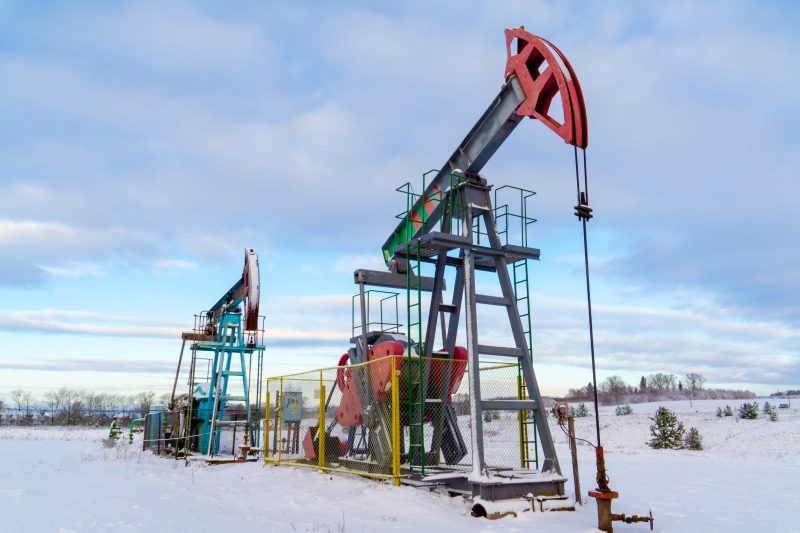Oil prices have surged this week as tensions in the Middle East escalate, driven by Iran’s missile attacks on Israel.
Investors are closely monitoring the situation, with concerns that any retaliatory action from Israel could disrupt global oil supplies and drive prices even higher.
However, the Organization of the Petroleum Exporting Countries (OPEC+) may have the capacity to offset a potential supply shock, which could bring an end to the current oil rally.
Since Tuesday, oil prices have risen by nearly $7 per barrel following Iran’s missile strikes towards Israel.
The renewed geopolitical tensions have reintroduced a significant risk premium to oil prices, with traders speculating on Israel’s next move.
Should Israel target Iran’s oil facilities, it could knock out about 4% of the global oil supply, further inflating prices.
OPEC+ spare capacity to stabilize the market?
Amid these concerns, OPEC+ has the potential to stabilize the market. The cartel is currently implementing production cuts totaling 5.86 million barrels per day (bpd), with eight members adhering to voluntary cuts of 2.2 million bpd.
OPEC+ has plans to gradually unwind these cuts by increasing output by 180,000 bpd in December.
According to ANZ Research, if Israel retaliates by striking Tehran’s oil infrastructure, around 1.4 million bpd of Iranian exports could be disrupted.
Iran, OPEC’s third-largest producer, pumps approximately 3.2 million bpd.
Despite the potential for a short-term spike in prices, analysts at ANZ believe OPEC’s spare capacity could help balance the market and limit the duration of any price hikes.
Risks at the Strait of Hormuz
A broader conflict could also threaten the Strait of Hormuz, a critical trade route through which 17 million bpd of oil currently transits.
Iran has previously hinted at its ability to disrupt this chokepoint, and regional instability could lead to further supply disruptions.
Houthi rebels, aligned with Iran, have periodically targeted oil tankers passing through the Strait, adding to the potential risks.
While the flow of oil through the Strait of Hormuz has remained unaffected so far, a wider conflict involving Iran-backed groups in Iraq could also put Iraq’s oil production of 4.2 million bpd at risk.
Israel’s reluctance to target Iran’s oil facilities
Despite media reports suggesting Israel may target Iran’s oil facilities, analysts argue this is the least likely scenario.
Such an action would likely strain Israel’s relationships with key international allies, including the US and European Union.
ANZ Research notes that disruption to Iran’s oil revenue could provoke an even more aggressive response from Tehran.
Similarly, Warren Patterson, head of commodities strategy at ING Group, suggested that Israel may opt for a more limited military response, such as targeting missile launch sites rather than oil infrastructure, to avoid upsetting US interests ahead of upcoming elections.
Geopolitical risks and oil prices
The relationship between geopolitical risks and oil prices is complex.
ANZ Research highlighted that historical events, such as the Gulf War and 9/11, caused significant geopolitical risk but did not always result in a proportional spike in oil prices.
For example, despite a 460% increase in the Geopolitical Risk Index during the Gulf War, oil prices only rose by 9%.
This suggests that while tensions in the Middle East could temporarily push oil prices higher, market sentiment may shift quickly once the immediate risks dissipate.
At the time of writing, Brent crude was priced at $78.29 per barrel, up 0.9%, while West Texas Intermediate was at $74.33, up 0.8%, with both benchmarks at month-high levels.
According to Matt Stanley, head of market engagement at Kpler, the market remains in “wait-and-see” mode, anticipating not only when but also how Israel might respond to Iran’s attack.
The post OPEC+ spare capacity may offset Iran supply shock and end oil rally as tensions escalate appeared first on Invezz


